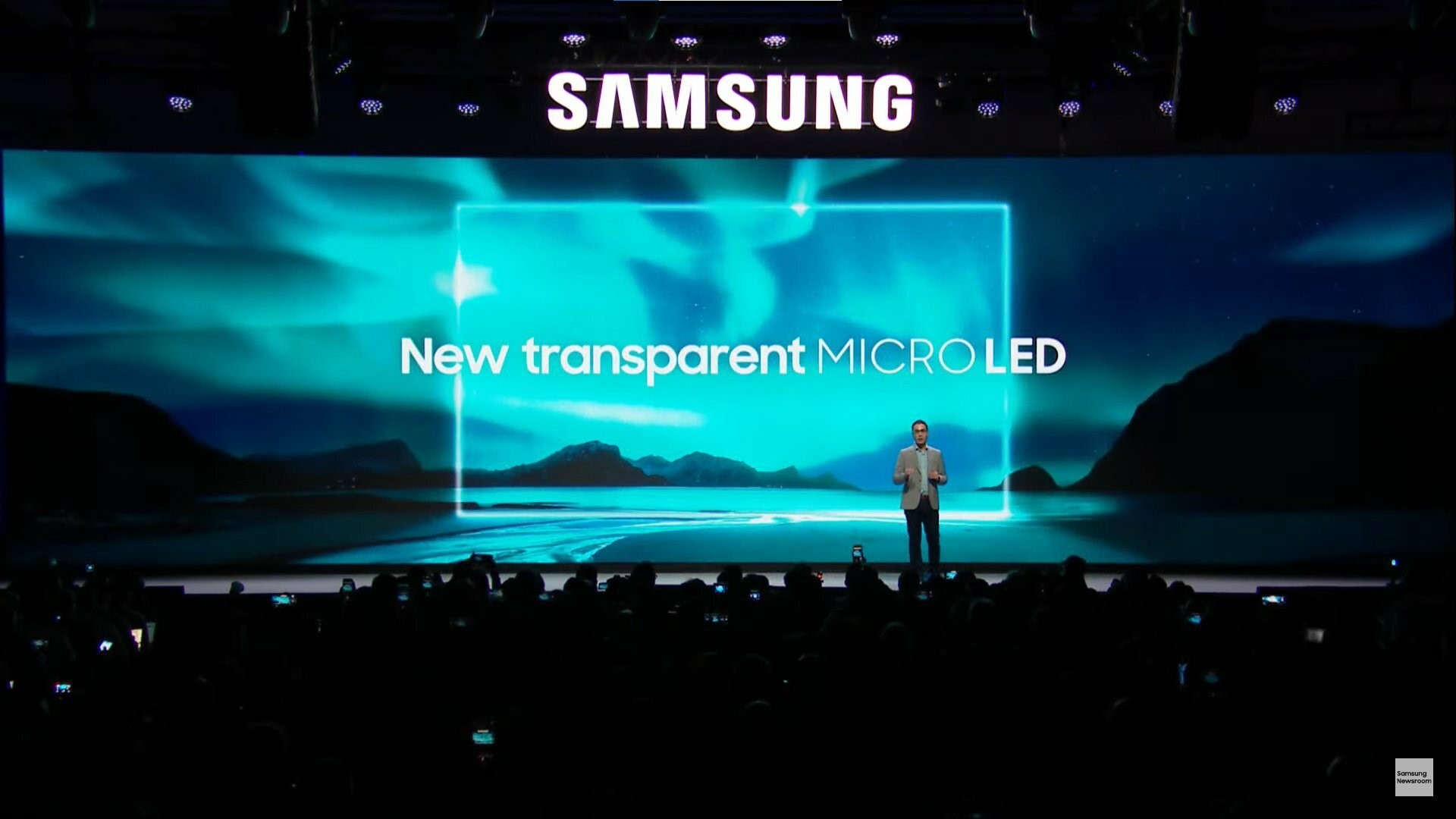

At CES 2024 in Las Vegas, Samsung took centre stage to emphasise its unwavering commitment to sustainability, echoing the familiar mantra of "reduce, reuse, recycle." In a dedicated segment of its keynote address, Samsung showcased a holistic approach to resource circularity, spanning the design, usage, and eventual recycling of its devices.

Notably, the tech giant incorporated recycled materials into flagship products, such as utilising recycled fishing nets in the Galaxy series, recycled plastic in TVs, and recycled aluminium in bespoke refrigerators.
Inhee Chung, Samsung's VP of corporate sustainability, highlighted the company's initiative, stating, "We start by incorporating recycled materials into some of our most loved products." She revealed that recycled plastic constituted 14% of the total plastic used in their products in 2022, with ongoing efforts to increase this percentage.
Beyond manufacturing, Samsung is addressing environmental impact during product use. The SmartThings AI Energy Mode empowers consumers to manage home energy efficiently, witnessing a global surge of over 75% in SmartThings energy users in 2023. Furthermore, Samsung announced integration with Tesla's Powerwall solar inverter and Wall Connector EV charging solutions, enhancing energy management and resilience during adverse weather events.
A standout aspect of Samsung's commitment to sustainability is its focus on end-of-life scenarios. Initiatives like the Galaxy Upcycling program and partnerships with institutions like MIT's D-Lab aim to repurpose and divert electronic waste, particularly in low-income African communities. The collaboration seeks to make a transformative impact by redefining the fate of Samsung devices after their primary use.
The CES 2024 presentation instils hope in Samsung's dedication to a low-carbon circular economy, demonstrating a comprehensive commitment from product design to end-of-life strategies. While acknowledging that more can be done, the showcased metrics and milestones signal a departure from mere greenwashing, indicating tangible efforts and investments in realising a greener and more sustainable future.
In conclusion, Samsung's approach aligns with the broader industry trend towards sustainable practices, showcasing the integration of recycled aluminium in their products since the non-ferrous metal is 100% recyclable and can retain its original properties upon transformation. The commitment to circular economy principles, end-of-life considerations, and collaboration with institutions for e-waste management reflects a positive stride in aligning technology innovation with environmental responsibility.
If you wish to know more about sustainable initiatives in the international aluminium industry, please go through AL Circle's special report, Future of Aluminium in Transportation Sector.



Responses






